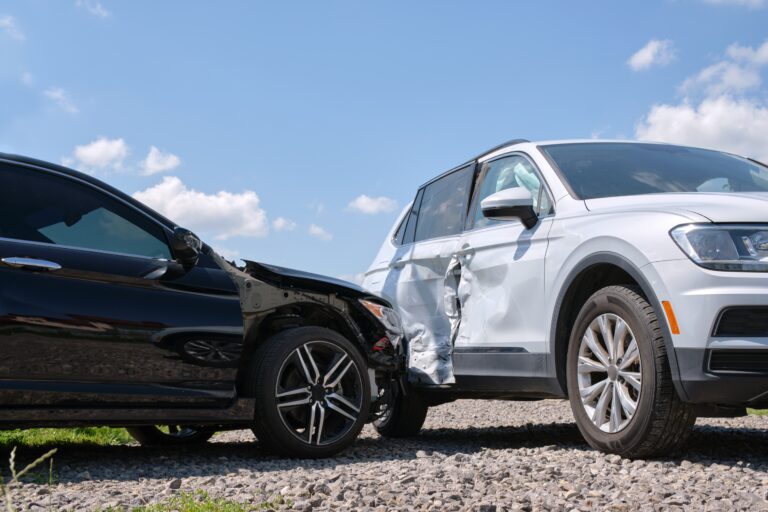A personal injury case in Virginia can involve a wide variety of accidents and injuries, and multiple parties may be liable for harm. Given that personal injury law encompasses many different types of claims, it is important to seek advice about damages in your case from an experienced Richmond personal injury attorney. While many cases have similar fact patterns and circumstances, your attorney will be able to build a case based on the specific circumstances of your injury.
In your personal injury lawsuit, your lawyer can help you to determine who may be responsible for damages, and what types of damages are appropriate in your case. The following are five things to know about damages in a Virginia injury lawsuit.
-
You May Be Eligible for Two Forms of Compensatory Damages
Personal injury law in Virginia allows most plaintiffs to seek two types of compensatory damages, or damages designed to compensate for losses: economic damages and non-economic damages. Economic damages compensate for objective, financial losses (such as hospital bills or lost wages), while non-economic damages compensate for subjective losses that are more difficult to quantify (such as pain and suffering).
-
Some Personal Injury Lawsuits Involve Punitive Damages
In some cases, Virginia law allows the plaintiff in a personal injury lawsuit to seek punitive damages. It is critical to understand that punitive damages are distinct from compensatory damages and that they are not awarded in all personal injury lawsuits. Instead of compensating a plaintiff for losses she has endured due to another party’s negligence or wrongdoing, punitive damages are designed to punish a defendant for especially harmful or reckless behavior. While these damages are paid to a plaintiff and a plaintiff must seek them in order to be eligible, they are only awarded in the most egregious personal injury lawsuits.
Under Virginia law (Code of Va. § 8.01-44.5), a plaintiff may be eligible for punitive damages if she can prove that “the defendant acted with malice toward the plaintiff or the defendant’s conduct was so willful or wanton as to show a conscious disregard for the rights of others.” What kinds of personal injury cases can result in punitive damages being awarded? The statute cites personal injuries caused by intoxicated drivers with a blood alcohol concentration of 0.15 percent or more as possible cases in which punitive damages may be appropriate.
-
Punitive Damages Are Capped
If a plaintiff is awarded punitive damages, Virginia law (Code of Va. § 8.01-38.1) camps punitive damages at $350,000.
-
Compensatory Damages Are Capped in Medical Malpractice Lawsuits
Some states cap certain types of compensatory damages, particularly non-economic damages. Under Virginia law, medical malpractice damages are capped at a certain amount each year according to the statute, with a cap of $2.45 million from July 1, 2020 through June 30, 2021. Each year, the cap increases by $.05 million.
-
You Will Not Be Eligible for Damages If the Statute of Limitations Has Run Out On Your Claim
While the circumstances of your personal injury might qualify you to seek various types of damages, you should know that you will be barred from recovery if you do not file your claim before the statute of limitations has run out. For most personal injury lawsuits in Virginia, the statute of limitations is two years from the date of the injury (Code of Va. § 8.01-243).
Contact a Richmond Personal Injury Attorney for Assistance with Your Case
If you were injured in an accident or because of another party’s careless behavior, it is critical to learn more about filing a claim for financial compensation and seeking the damages you deserve. One of our experienced Richmond personal injury lawyers can assess your case today and can discuss the types of damages you may be able to seek in your case. Contact The Johnson Injury Firm for more information about filing a claim for financial compensation.





